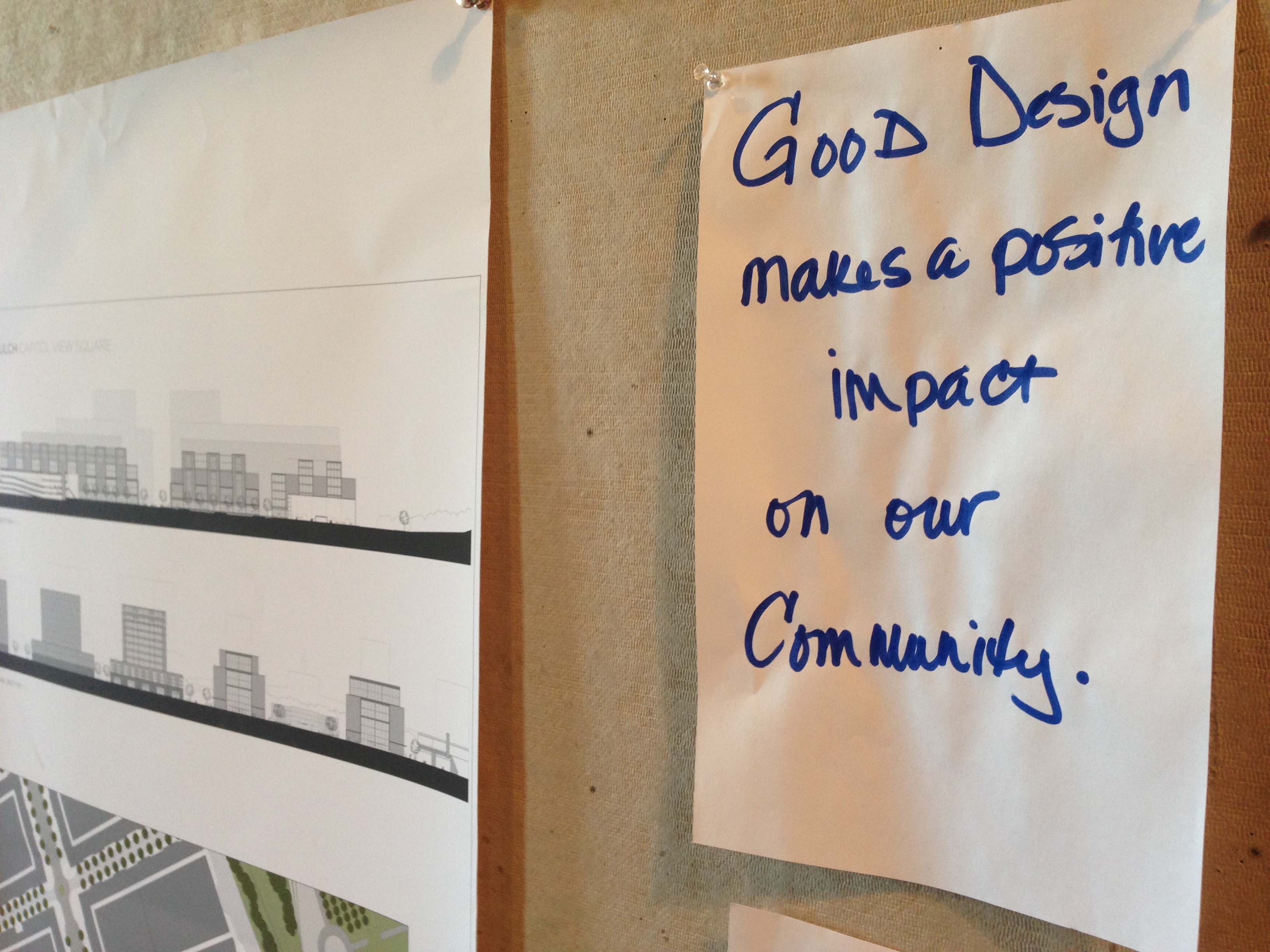Code Green Solutions


Protecting human health by reducing greenhouse gas emissions and mitigating climate change has been a focus of the green building movement since its inception. With changing weather patterns and matured understanding of the relationship between climate change and health, the need for climate change mitigation and adaptation could not be more evident. However, in addition to the macro level positive health impacts attributed to green building, there is increased recognition of the more immediate impacts that buildings have on human health and well-being. This has led to an increase in health-related credits within LEED and other green building systems along with the release of WELL, the first building certification system focused on health. The growing number of health promotion strategies and tools available to project teams is a welcome advance. However, it also creates a complex landscape for teams to navigate.
The new Integrative Process for Health Promotion, now available as a pilot credit within the LEED v4 BD+C rating system, guides project teams through a systematic consideration of a project’s health impacts and rewards teams for prioritizing strategies according to existing health needs. Inspired by integrative process from the green building sector and health impact assessment from the public health sector, the new LEED pilot credit aims to align with existing integrative processes for energy and water as outlined by the LEED v4 Integrative Process credit; helping project teams consider health outcomes alongside traditional environmental outcomes.
Rather than directing project teams to narrowly focus on one or two health issues, the integrative process for health promotion encourages teams to broaden their definition of health. Aligned with the Robert Wood Johnson Foundation’s Culture of Health movement, this new credit is based on public health research demonstrating that the built environment impacts physical, mental and social well-being in a holistic manner that extends beyond traditional indoor environmental quality issues. The new LEED Integrative Process for Health Promotion pilot credit provides project teams with a framework for enrolling public health professionals in efforts to promote a culture of health through the built environment.
Development of the integrative process for health promotion was led by the Green Health Partnership, a partnership between the University of Virginia School of Medicine and the U.S. Green Building Council with support from the Robert Wood Johnson Foundation. The new pilot credit was informed by partnerships with Enterprise Community Partners, Inc., and the Health Impact Project, a collaboration of the Robert Wood Johnson Foundation and The Pew Charitable Trusts. Variations of the integrative process for health promotion are also available for use within the 2015 Enterprise Green Communities Criteria and the Green Building Council of Australia’s Green Star rating system as an Innovation Challenge.
Project teams seeking technical assistance related to the LEED Integrative Process for Health Promotion pilot credit should contact the Green Health Partnership.